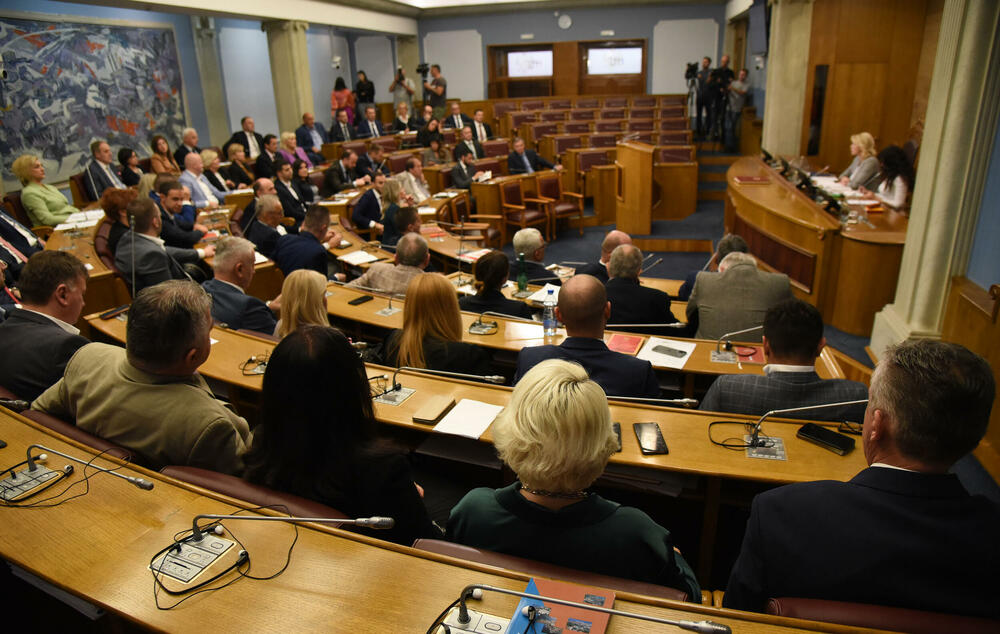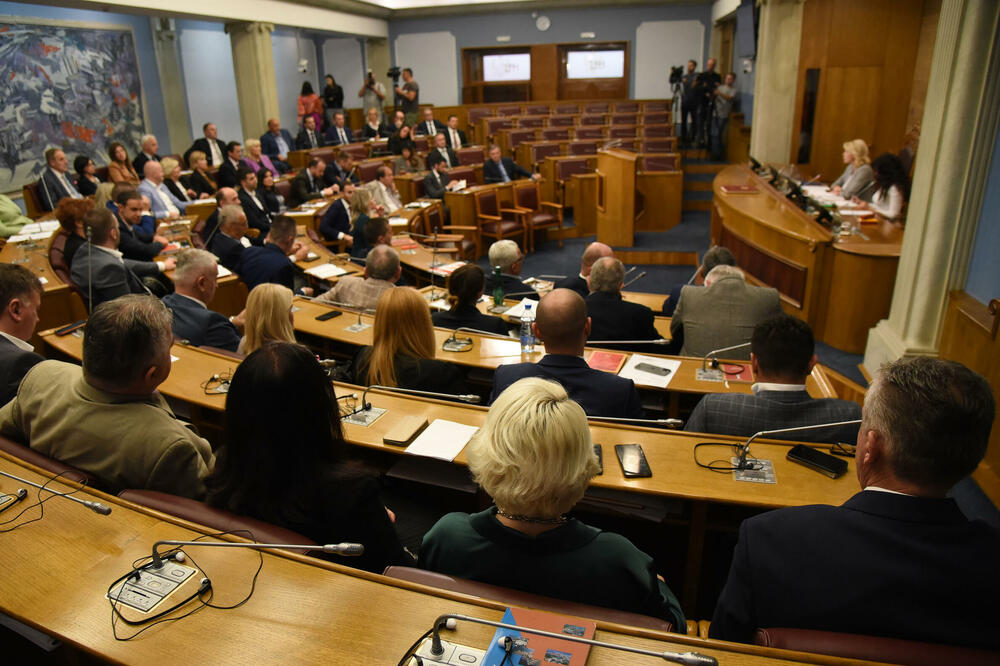For four years now, Montenegro has not had an elected Supreme State Prosecutor (VDT) with a full mandate, and most of the other judicial institutions have been in an acting state for years or were blocked - the Judicial Council (SS), the Constitutional Court (US), the Supreme Court (VS ), Commercial Court (PS)...
According to the Montenegrin Constitution, the judges of the Constitutional Court, as well as the Supreme State Prosecutor and members of the Judicial Council should be elected by the members of the Assembly by a two-thirds (54) or three-fifths (49) majority.
However, despite countless competitions and public invitations, they have not been able to do this for years.
Deputies recently, through political trading, finally managed to agree on three of the four necessary judges of the Constitutional Court, which was blocked for half a year. However, although three judges of that court were elected, according to information Center for Investigative Journalism of Montenegro (CIN-CG), there could be another blockage soon. Most of the judges, including one newly elected female judge, are retiring in the next two years.
Appointments of acting heads of judicial institutions, which should be a temporary solution, turned into a paradox. The incumbent is elected as if he will remain in that position forever.
How to get out of the acting state in the country so that the judiciary would finally function and not depend on the will of politicians and narrow party interests?
Experts from the region also propose radical solutions, which would force the political elite to do their job - the dissolution of the parliament, if they do not elect leaders and other necessary officials in the judiciary within a certain period.
Judge of the Appellate Court in Belgrade Miodrag Majic points out that the acting state is "the way in which the judiciary is held in submission" and that normative mechanisms should be foreseen that would make those who elect officials interested in performing their work.
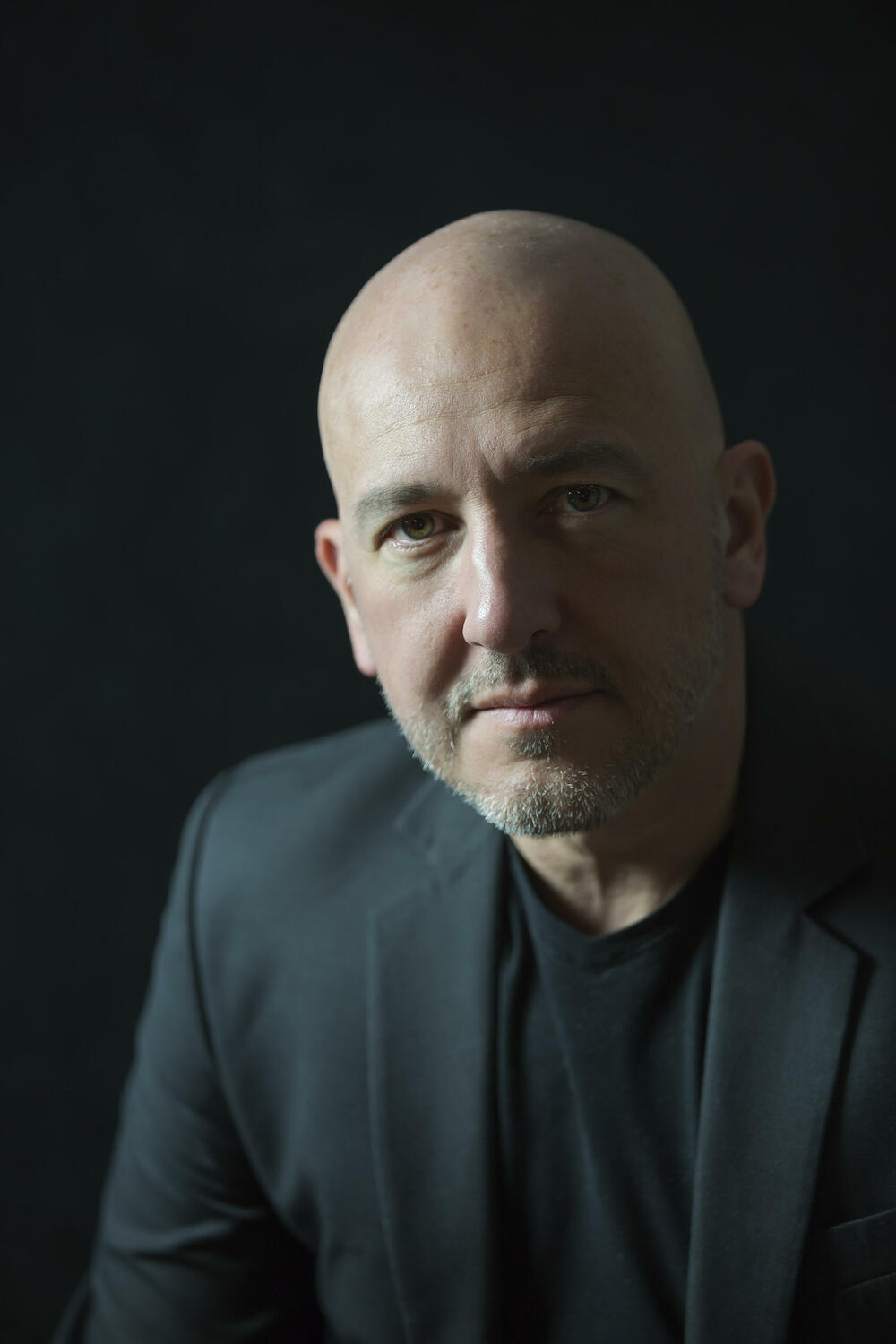
"The solution can be the dissolution of the body that does not elect persons within the stipulated period. Or automatic selection, if the selection is not made within the deadline. It may sound radical, but in our conditions it is necessary to resort to such and similar measures, because the willingness of local powerful people to abuse the regulations is often unprecedented", concludes the judge of the Court of Appeal in Belgrade.
How the judiciary functions in Serbia and Croatia
Serbia is an example that even the unblocking mechanisms, which that country introduced last year through a change in the Constitution, will not help if there is no political will.
The Constitution of Serbia stipulates that the Assembly, with a two-thirds majority of all deputies (250), elects four members each of the High Council of the Judiciary and the High Council of the Prosecution (Judicial and Prosecutorial Councils), and elects and dismisses the Supreme Prosecutor by three-fifths. However, in that country, the Constitution provides for an unblocking mechanism, according to which if the Parliament does not elect members of the SS, TS and VDT, they are elected by a simple majority by a five-member commission consisting of the President of the Assembly, the President of the US, the President of the Supreme Court, the VDT and the Ombudsman.
However, the public could hear that this solution is also very problematic, because those who should decide are in a conflict of interest, i.e. the President of the Supreme Court decides on the selection of a member of the Judicial Council, who later has to make decisions about him.
In Serbia, US judges are decided by a simple majority vote of all deputies. The Constitutional Court in that country consists of 15 judges. Five are elected by the Assembly, five are appointed by the President of the State, and five by the general session of the Supreme Court.
In addition, this country is only now introducing some solutions similar to Montenegrin, such as that prominent lawyers of both Councils are elected in the Assembly, but also that the SS and TS elect the heads of courts and prosecutor's offices. So far, the parliament has also done that.
In Croatia, which is a member of the European Union (EU), the Parliament (Assembly) has a minimum of 100 and a maximum of 160 representatives (MPs) and decides by a simple majority of votes, if the majority of MPs are present at the session.
In that country, the members of the State Bar Council (Prosecutorial Council) and the State Judicial Council (Judicial Council) are elected by seven prosecutors (judges), two professors of the Faculty of Law and two members of parliament, one of whom is from the opposition.
In Croatia, only judges of the Constitutional Court are elected by the Parliament with a two-thirds majority.
Professor at the Department of Constitutional Law at the Faculty of Law in Zagreb, dr Đorđe Gardašević clarifies that the two-thirds majority of all deputies in the parliament for the election of judges of the Constitutional Court in that country was introduced in 2010. However, as he explains, it created a similar problem for them as in Montenegro: "Contrary to expectations that this solution would improve the election of judges, as well as their legitimacy and independence, in practice there was a multi-year blockade of the election of constitutional judges, because the required two-thirds majority was not there possible to achieve.
This, adds the professor of constitutional law, resulted in a gradual decrease in the number of judges in that court due to the expiration of the deadlines. An agreement was reached, but only in 2016. Then the deputies managed to agree on the election with a two-thirds majority.
"Since then, the same scenario has not been repeated, but the structural problem remains unsolved, because the outcome depends on the (absence) of political will to elect US judges," Gardašević emphasizes.
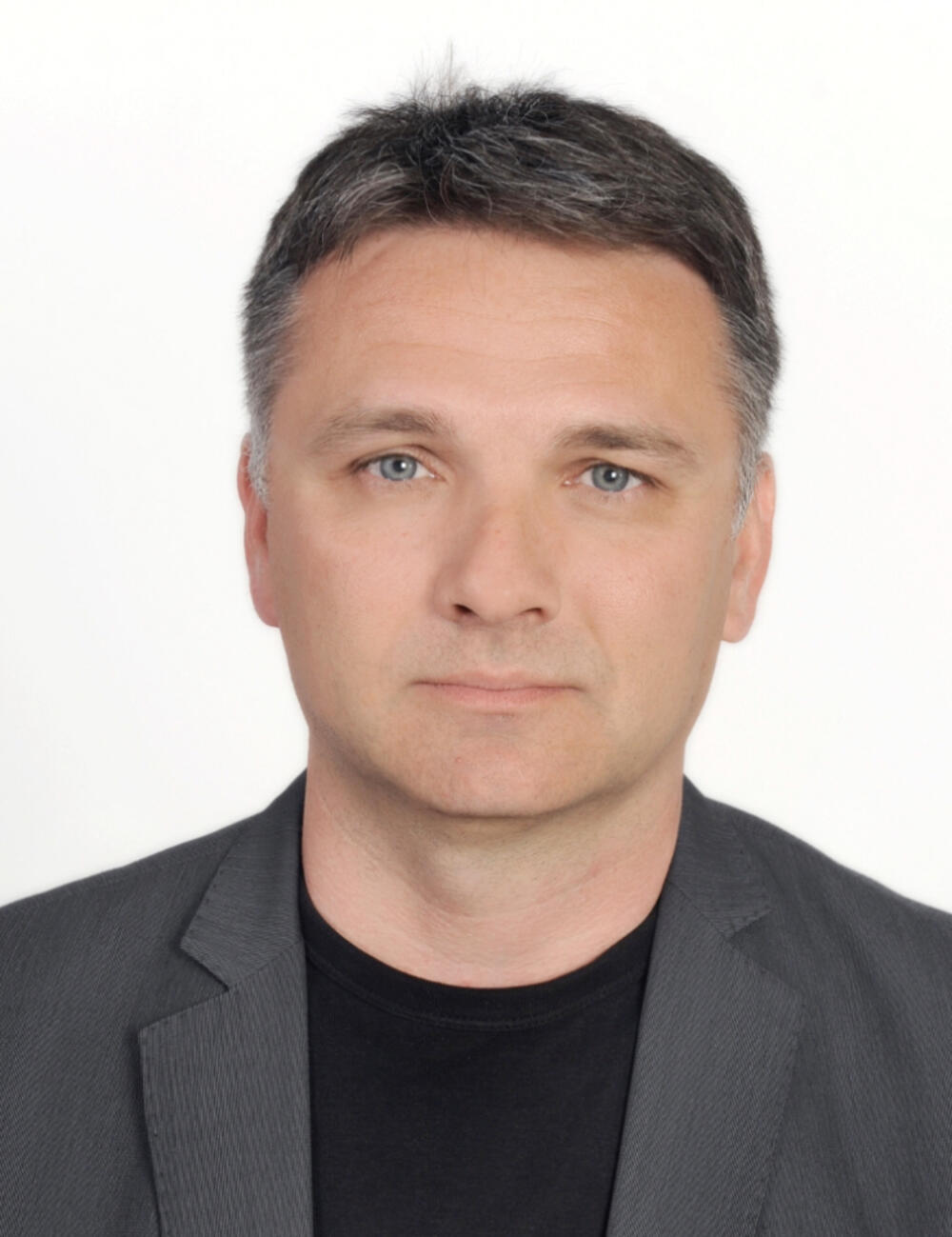
Professor Gardašević points out that the Croatian experience shows that, in his opinion, the solution could be a new unblocking mechanism for such cases - if the parliament does not elect the judges of the Constitutional Court within a certain period, the parliament will be dissolved and new elections will be held.
"This is not completely unthinkable, because the Croatian Constitution foresees the possibility of a similar solution in two other very serious situations: if the Parliament does not vote on the state budget within the deadline or if the government is voted no-confidence. I am convinced that we should look for new solutions on that track," emphasizes the Croatian professor of constitutional law.
Unblocking mechanisms to be the exception, not the rule
Legal advisor of Human Rights Action (HRA) Marija Vesković for CIN-CG reminds that the qualified majority for key appointments in the judiciary was introduced in the Constitution for a reason, so that the election of holders of judicial positions would be the product of a broad political agreement and to prevent the politicization of that election:
"Amendments to the Constitution were introduced after more than two decades of rule by one political party".
The Venice Commission (VK), she adds, previously warned that "the difficulty of achieving a qualified majority and the risk of paralysis of institutions should not lead to abandoning the requirement of a qualified majority, but to designing adapted, efficient mechanisms for getting out of such a situation."
Thus, he recalls, the VK also proposed unblocking mechanisms, when it pointed out in 2014 that it would be particularly important for the Constitutional Committee to include representatives of all political parties represented in the parliament, so that already in that first phase, during the discussion with the candidates, it would try to consensus is reached.
"For example, in the Constitutional Committee there are no representatives of SD, SDP, the Bosniak Party, the Albanian Coalition and the Albanian List, which together have 10 mandates or votes in the Assembly, which is a significant number of votes of support when it comes to these appointments," Vesković points out. .
Some of the solutions, which were also positively evaluated by the VC, are the nomination of candidates by neutral bodies, after several unsuccessful attempts at elections in the Assembly, or leaving the elections to that body, as is the case with the amendments to the Constitution in Serbia.
She explains that the decision to select prominent lawyers by "key figures of the judiciary" was positively evaluated by the Supreme Court, noting that it is necessary to take care of how the persons who make up this commission are selected. Whether by a simple or qualified majority in the Assembly, so that there is no additional politicization of the election.
In our country, the Ombudsman is still elected by a simple majority, and the status of the remaining members of the commission would be questionable if such a decision were to be considered in our country. "The function of the president of the Supreme Court has been in an acting state for more than two years, and that of the VDT for more than three years, while in the last two years, after the change of government, two persons performed the function of the president of the Assembly and initiatives for dismissal were submitted against both of them", stresses HRA's legal adviser.
An unblocking mechanism would require changes to the Constitution. That mechanism must be the exception, not the rule, concludes Vesković, because otherwise there would be a circumvention of reaching a broad consensus among political parties.
And a representative of the Ministry of Justice and a member of the Prosecutor's Council Bojan Božović believes that constitutional reform is necessary, and reminds that unblocking mechanisms were a recommendation of the Venice Commission for a long series of years.
"The question for all of us is why they were not accepted when the Constitution was amended in 2013. Without unblocking mechanisms, as stated in those recommendations, too much power is given to certain institutions (or individuals in them), which monopolizes a significant part of the process," Božović points out.
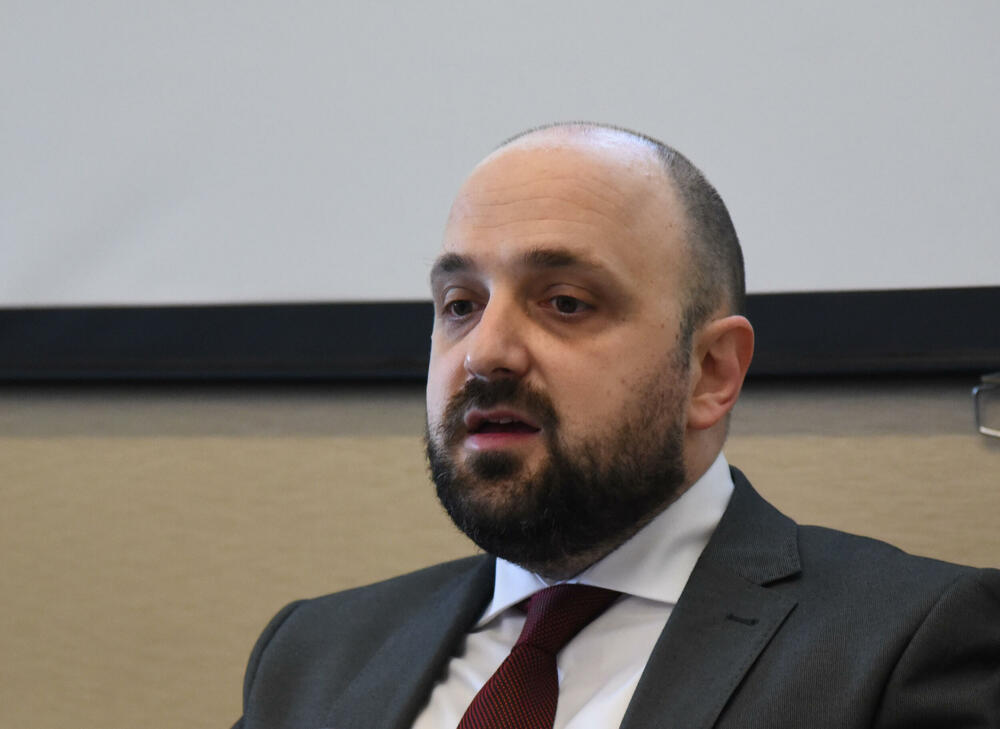
He believes that establishing political stability will create a key precondition for changes to the Constitution, so that we will never again be in the state we have been in for the past few years.
The Constitutional Court will soon be without judges again
Vesković confirms for CIN-CG that the judge of the Constitutional Court Milorad Gogic fulfills the requirements for an old-age pension at the end of May 2024, which means that the court is obliged to inform the Assembly about it six months in advance, i.e. at the end of December this year, after which the Assembly will publish a public call for the election of a new judge within 15 days .
"A year later, in December 2024, the procedure for selecting a new judge should begin Budimir Šćepanović, the current president of the Constitutional Court, given that he will meet the requirements for an old-age pension at the end of May 2025. Half a year after that, another procedure will begin, the one for the selection of the person who will come to the position Desanke Lopičić whose 12-year mandate expires in December 2025," she explains.
And the newly elected judge of that court Dragana Đuranović he is also soon eligible for the old-age pension.
"The focus must be on filling the vacancies in that court as soon as possible with quality, professional and impartial judges of integrity," she concludes.
Vesković assesses that the situation with the US has become an alarming issue because it is not possible to provide an acting state in that court, as is the case with the SS, the VDT, the president of the Supreme Court...
The Law on the Constitutional Court, he clarifies, foresees the possibility of appointing an acting judge, but only in the event that the judge's position ends due to the expiration of the 12-year mandate. Not because of fulfilling the requirements for an old-age pension, which happened when all four former judges of that court ceased to serve.
"Regarding other acting positions in the judiciary, unfortunately, it seems that, as long as it is possible to ensure the continuity of the functioning of an institution, full-term appointments are not perceived as a priority," concludes HRA's legal advisor.
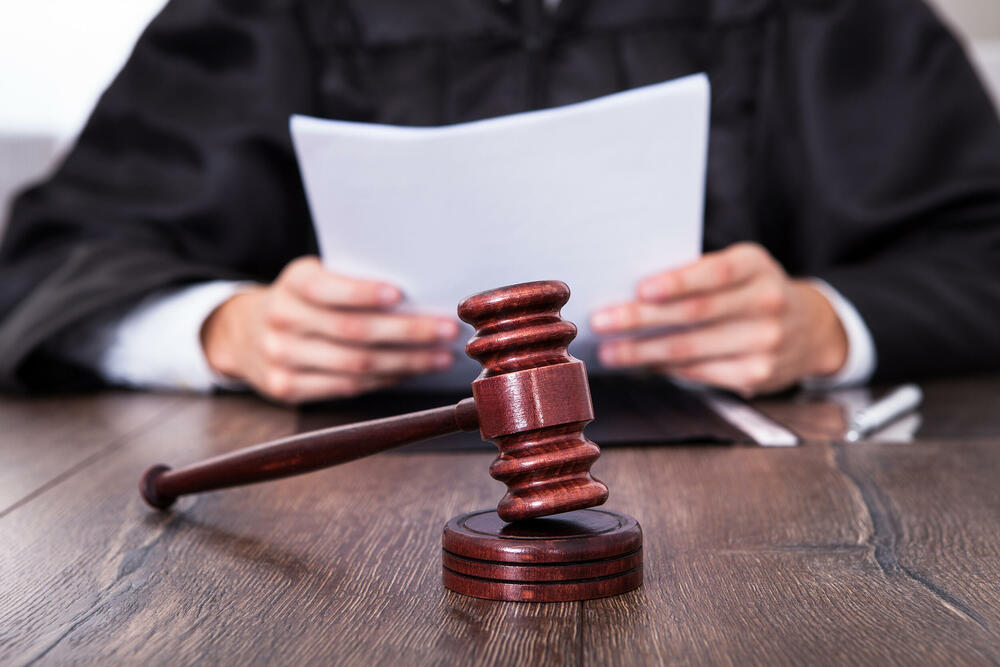
And Božović assesses that, unfortunately, we experience the current situation as a usual and completely normal situation:
"Vd condition does not necessarily have to be alarming if it lasts for a shorter period of time, but I am afraid that we are increasingly accepting it as a permanent condition".
He points out that this kind of situation is unsustainable and that it sends a bad message to employees, but also to other citizens who, above all, expect stability and continuity of functioning from such institutions.
Full term appointments to become a priority
Montenegro has been tapping the place for years, and now, for the umpteenth time in a row, the competent bodies are in the process of proposing the VDT and members of the SS.
The procedure for the selection of three distinguished lawyers who are missing from the SS is ongoing, and the Assembly Committee has heard the registered candidates and should propose three to the Assembly.
"In the last competition for members of the SS from the ranks of distinguished lawyers, even three times less candidates applied than in the previous one. This shows how the maintenance of the state of affairs and the inability of political parties to come to an agreement affects the motivation and interest of professional candidates. However, there are good candidates among them, certainly at least three, as many as the Judicial Council lacks at the moment", assesses Vesković.
And Božović points out that there was room for the selection of missing members of the SS before: "I think it is the right time to correct the missed opportunities. Judging by the list of candidates for the election of distinguished lawyers, it seems that we have a lot of space for that".
The Judicial Council has ten members, and their mandate should last four years. However, the Assembly has been unable to elect four distinguished lawyers for years, so those who were elected in 2014 have been in that position for four years since their mandate expired. Only recently, the parliament managed to elect one - Professor of the Faculty of Law, Radoje Korać.
The election of the VDT is also awaited
At the beginning of January, the TS announced a public call for the election of the VDT for a full term, and prosecutors applied Maja Jovanovic, a judge Suzana Mugoša and legal expert Milorad Marković. After conducting interviews with the candidates, the TS should propose one, on whom the Assembly should agree with a two-thirds or three-fifths majority.
Vesković points out that it is important for MPs to recognize this appointment as one of the keys to ensuring the normal functioning of the umbrella institution in the prosecution and to implement the procedure as soon as possible in the Committee for the Political System, Judiciary and Administration, and later in the Assembly, after the proposal for the VDT - and arrives at them.
"Deputies have already expressed their position in relation to Judge Mugoša once, when at the end of 2022, in the second round, through secret voting for VDT, out of 43 deputies present, she received only two votes of support, while 41 ballots were invalid" , she reminds.
Montenegro has a vacant post of VDT since October 2019. Ivica Stankovic then continued to perform that function in an acting mandate until his retirement (June 2021). Prosecutor Maja Jovanović was acting VDT until February 5, when TS elected the prosecutor Tatjana Begović to do that job.
Božović, who is also a member of the TS in front of the MP, points out that he hopes that this is the last time they will elect an acting president, and that a new VDT will be elected in the Assembly by the end of her mandate.
VD situation and in the Supreme Court
We also have an acting position at the head of the Supreme Court, which has lasted for more than two years, since the former president of that court Vesna Medenica retired, and was later accused of abuse of office, accepting bribes and illegal influence.
So far, five unsuccessful tenders have been announced for that position.
Since the last vote, which was held on January 20, Vesković reminds, no new public call has been announced. She explains that there are two key factors that have largely led to the long-term acting status in this position:
"The first is the lack of judges. For eight months (from August 2021 to March 2022), that court was unable to vote at all on the registered candidates because it was down to only six judges, out of nineteen. There was not the required number of judges (13) to determine the proposal for election. Another factor is the need to change the law, which would enable the General Session to determine the proposal or to propose more than one SS candidate by majority vote, so that there is a possibility of election".
This is a proposal, Vesković points out, which is also in the Draft Law on Supreme Court and Judges.
Božović adds that the new text of the Law was sent to the European Commission along with the opinion of the Venice Commission from December last year.
And he points out that the proposed law will enable the establishment of a mechanism for a faster, more efficient and fairer election of the President of the Supreme Court.
"With the announced changes, we will give space to more candidates to apply for the position of President of the Supreme Court, and the process itself will be more evenly divided between the Supreme Court and the Judicial Council," explains Božović.
In Croatia, the President of the Supreme Court is elected and dismissed by the Parliament, on the proposal of the President of the State, and upon the opinion of the General Session of the Supreme Court and the competent committee of the Assembly.
Đorđe Gardašević explains for CIN-CG that in 2021, a problem arose during the election of the president of the Supreme Court in Croatia.
The deadlock, he explains, arose because the parliament did not accept the candidate proposed by the president in accordance with the Constitution, who was not from the list of candidates who applied through a public call.
"At that time, the Law on Courts did not prescribe a specific mechanism for solving such a situation. However, the case was resolved in such a way that the President of the Republic, in accordance with the constitutional powers, called for the public call to be repeated, which was done, and later the candidate who applied for that call was chosen", says the professor of the Zagreb Faculty of Law.
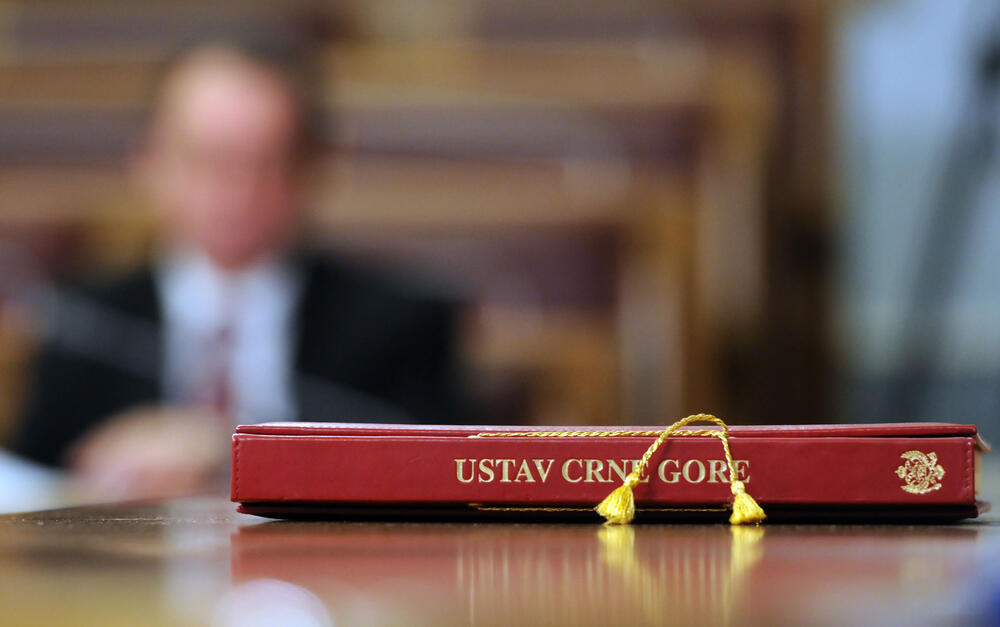
He notes that this situation led to changes in the Law on Courts, which now contains a new unblocking mechanism. If the president does not propose a candidate for the president of the Supreme Court within the prescribed period or the Parliament does not elect the proposed candidate, the public call for submission of new candidacies is repeated.
And while Croatia resolved this situation in less than a year, it remains to be seen whether Montenegro will enter into a serious reform of the judiciary that would include unblocking mechanisms, so that the institutions would be functional and in the service of the public.
EU: Get out of the acting state as soon as possible
The Delegation of the European Union (DEU) in Montenegro reminds CIN-CG that the adoption of constitutional amendments from 2013, which strengthen the independence and responsibility of the judiciary, was a prerequisite for Montenegro to open accession negotiations with the EU:
"The EU has repeatedly called on Montenegro to complete the process of appointing permanent members in all judicial bodies without delay. Their incomplete composition or transitional solutions undermine the credibility and functioning of the entire system and call into question the capacity of Montenegro to provide justice to its citizens".
They appeal to get out of the current state as soon as possible and assess that the legitimate purpose of the mechanisms for overcoming the deadlock is to serve as exceptional and temporary solutions to the institutional crisis, in order to avoid the paralysis of key judicial institutions.
"It is not a solution to the serious issue of the lack of political will to find broad political agreement regarding the appointment of their members. Respecting the principle of separation of powers requires that no branch of government may in any way block the functioning of others", they emphasize.
There are no interested parties for the head of the Commercial Court
When it comes to the Commercial Court, the third advertisement is in progress, after the former president of that court, Blažo Jovanić, was suspended, because he was accused of being the head of a criminal organization that engaged in abuse of official position in that court.
Marija Vesković explains that no one responded to the first advertisement, and only one candidate responded to the second, a former member of the SS from the ranks of judges, Dragan Babović. But he did not get enough points in the interview to even rank and be considered.
"It is noticeable that there is no great interest among judges to take this position, probably due to the fact that criminal proceedings are currently being conducted against the former president of the court. This is also contributed to by the large number of pending cases that currently exist there, due to the lack of judges," emphasizes HRA's legal advisor.

Bonus video:



